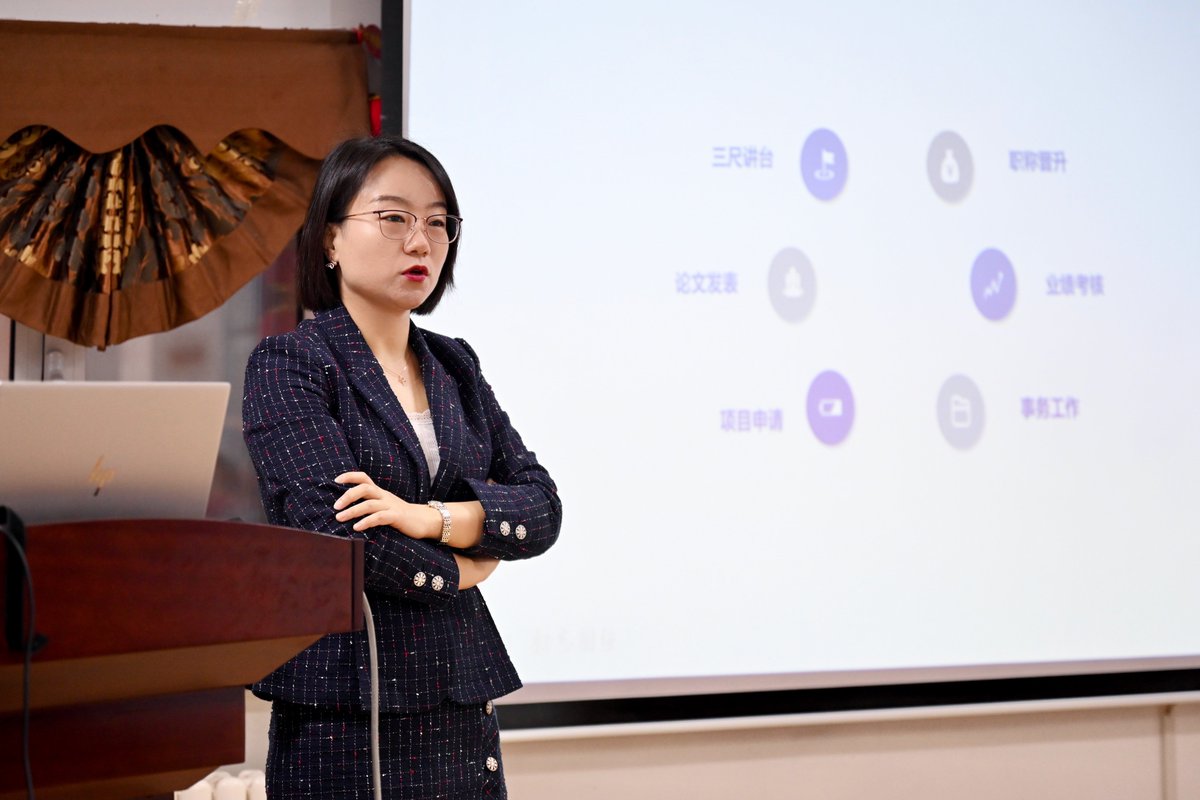
"When there's an avalanche, no snowflake is innocent" - Prof. Yao Lu, Dep-Dir of Jilin U's Northeast Asian Studies College and Sec. of the Party Branch at JLU's School of Public Admin, offers a nuanced assessment of Ukraine, seeing it as a strategic opportunity for China.
1/5
1/5

Excerpts: "In 2011, the US began withdrawing troops from Afghanistan and Iraq, as Obama introduced the 'pivot to the East' - the 'return of the Asia-Pacific' - as part of the US's global strategy.
2/
2/
"The outbreak of the conflict in Ukraine, however, has forced the US to 'face the West' once more and rethink the geopolitical security challenges ahead with its European allies.
3/
3/
"This 'pivot to the East while facing the West' in its global strategy could have a significant impact on China's strategic environment.
4/
4/
"In the midst of the turmoil and crises, China must maintain its strategic sobriety and determination and steadfastly pursue the path of peaceful development."
5/5
Link: aisixiang.com/data/131755.ht…
5/5
Link: aisixiang.com/data/131755.ht…
• • •
Missing some Tweet in this thread? You can try to
force a refresh









